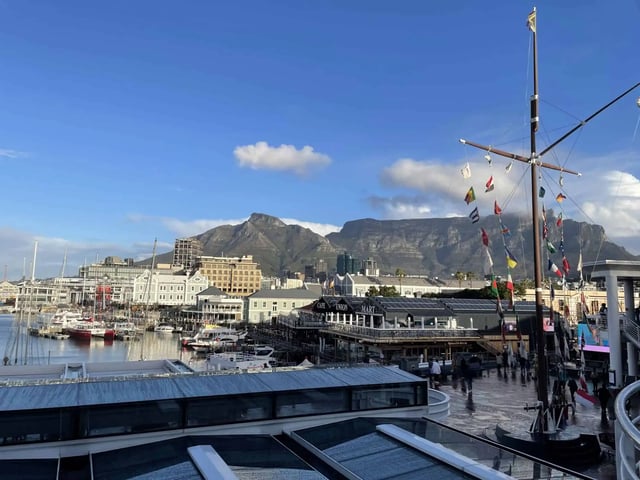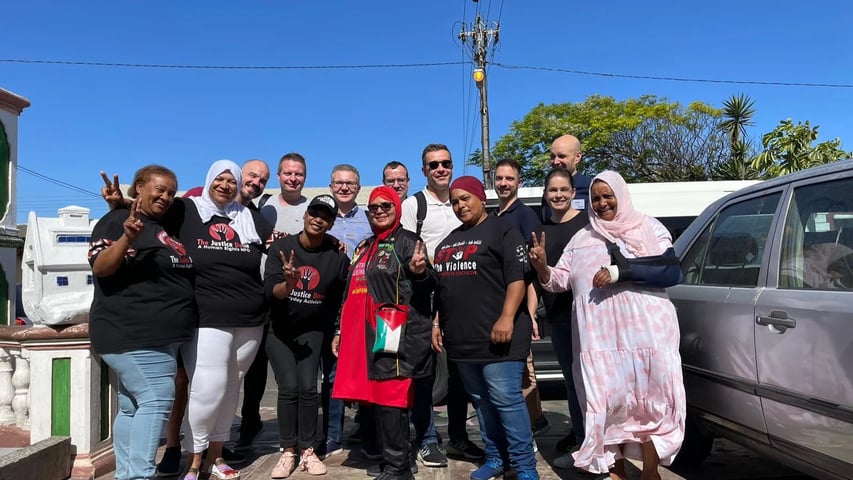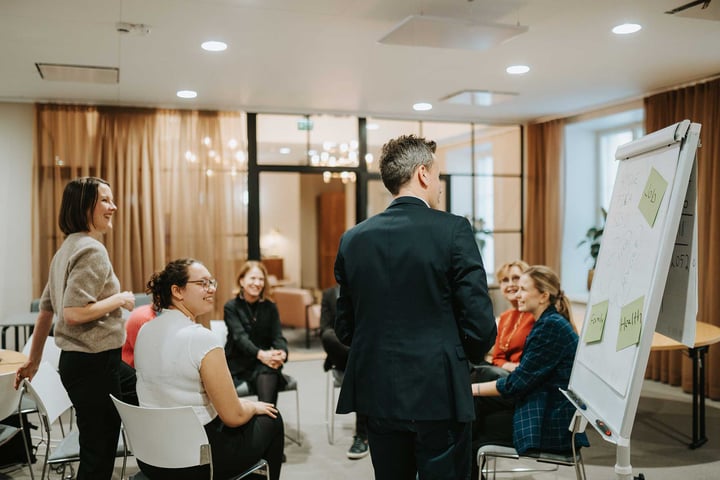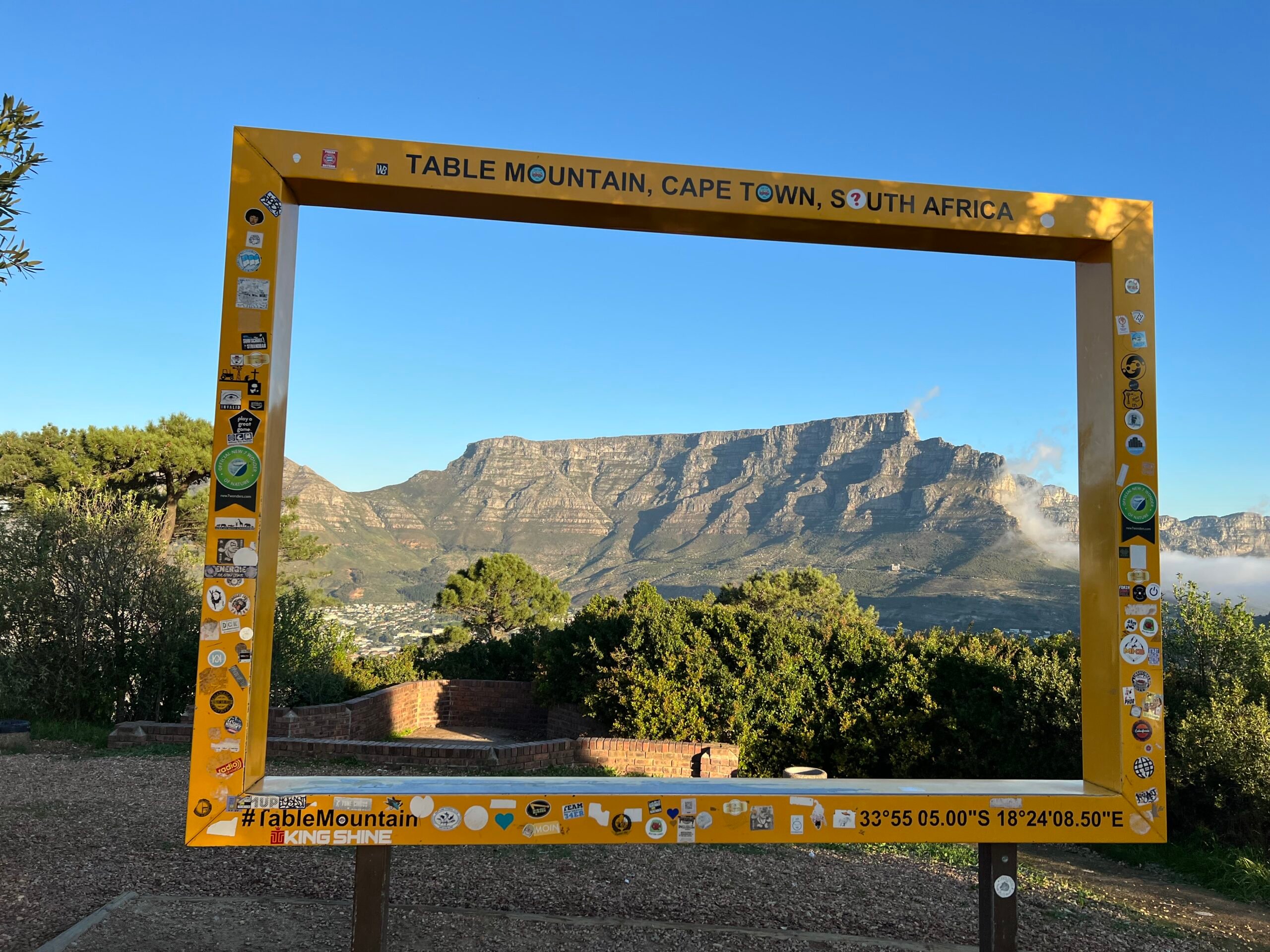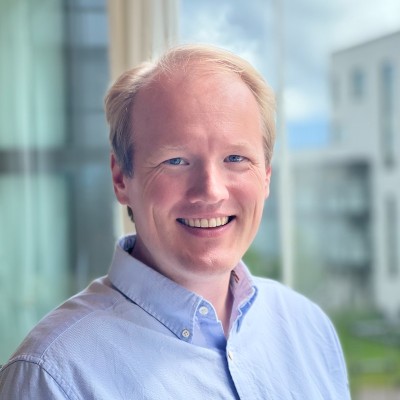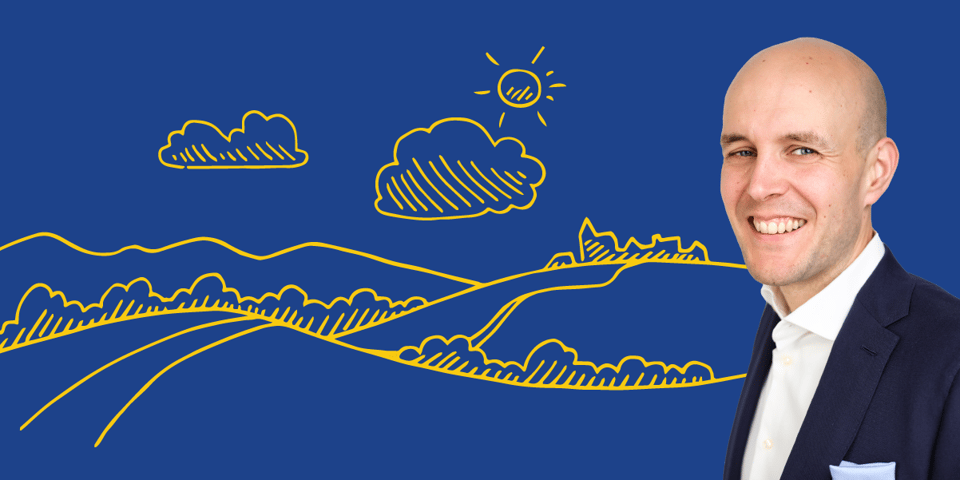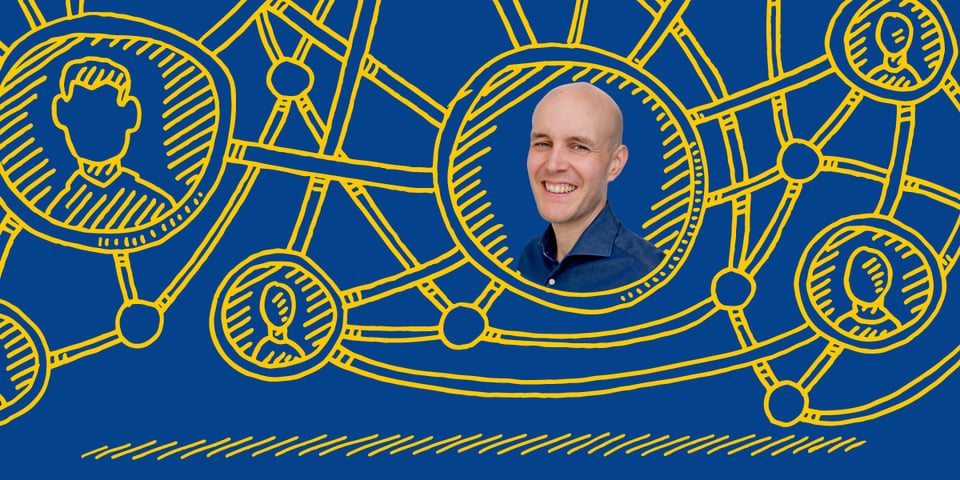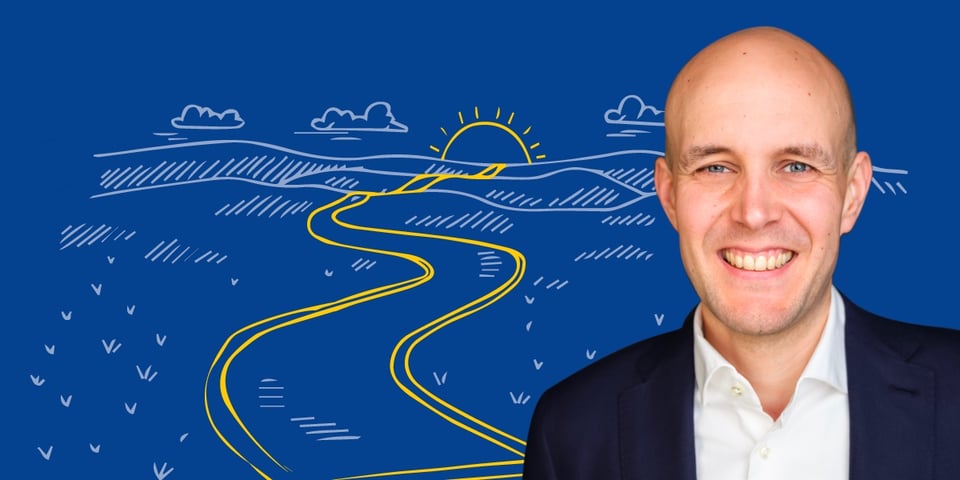During stage 2 of my Executive MBA studies, I had the opportunity to participate in the Global Immersion Study Visit in Cape Town, South Africa, as part of the Reputation and Responsibility module. The purpose of the visit was to give us a hands-on experience of how NGOs operate in the local environment there, which was surprisingly complex and different from my experience with typical private sector companies in Finland.
In total, we studied seven NGOs ranging from helping the homeless to promoting education and literacy. Our team of five Finnish students was assigned the Peninsula School Feeding Association (PSFA), which helped fill the gap to feed the children at schools that the government could not provide. The purpose of our project was to assist the association with their five-year strategic plan. Our role was to provide them with insight into their current situation and reputation among their stakeholders to help them build their plan, and we were to give them concrete recommendations to consider.
Before our trip, we had spent a lot of time familiarizing ourselves with theory and academic background for this particular case, especially since school feeding in Finland is extremely well managed. We also conducted quantitative interviews of the organisation’s diverse stakeholders. In this respect, the input gave us quite a good 360° view of PSFA’s operations before we arrived.
Our 10-day learning journey started on Monday with a review of the official programme and presentations from various local individuals who shared their perspectives on what it was like to live and do business in South Africa. This gave us a deep dive into the local culture.
One of the speakers was the director of our NGO, a very charismatic lady who moved us with her stories of dedication to helping others, doing what’s right and putting humanity first. Compared to the leaders of the other NGOs, she had a deep wealth of experience heading up the association with a 70-year heritage. And that placed PSFA at the top of all the other NGOs we studied in terms of maturity and professionalism. So, for us, it was tough to find areas of improvement.
The following two days were used for qualitative face-to-face and virtual interviews of PSFA’s many stakeholders. This was a mixture of individual and group interviews. It enriched our previous quantitative data and confirmed our thinking.
Over the weekend, we consolidated our findings and prepared for the presentation to our NGO. On Monday, we finalised the presentation with PSFA’s management team, and on Tuesday, we gave the presentation to the association’s board. This followed with feedback from the board and a panel consisting of school staff members and external local NGO experts. Our other cohorts were able to listen to our presentation and observe the discussions.
I feel PSFA most appreciated the strategic toolbox – a strategic framework – we presented that enables them to concentrate on all their operations in a balanced manner. It covered their reputation, values and operational efficiency. It looked at how they engage with their employees, how they manage their donators – and much more. It was a very comprehensive strategic model that we developed together with them.
Not only was working with NGOs completely new for me, but also the area of reputation and responsibility was not so familiar. Of course, I had been studying stakeholder and customer satisfaction, but looking at it from a completely holistic point of view was something completely new.
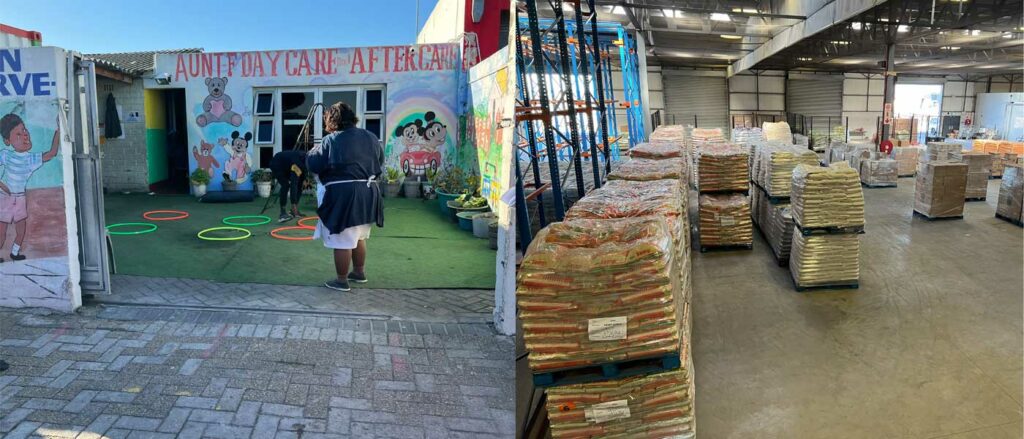
The faculty helped our group tremendously in taking a structured approach. We learned how to prepare for this case, what was important, what was not – and what makes the most impact. We also learned a lot about using reputation and relationships to improve the perceptions of other stakeholders. So, we were able to present to PSFA with recommendations that could bring about a quick change, especially in the area of improving the collaboration and internal communications among their employees.
Our group was really happy to see that many of our recommendations were already being considered by the association, which meant we had found a good alignment with what they had already identified. Still, the value they got from our team was the holistic approach that helped them prioritise the recommendations.
The highlights of this trip for me were seeing how NGOs work and how complex and different they are from the private sector. I also appreciated seeing how South Africa does things with its culture and political climate. Despite the country’s beauty and nature, businesses have to continue to operate efficiently in the face of corruption and criminality.
And finally, I have to say I was amazed at how well we managed and accomplished everything in our team of five, with Henley and with our NGO. Although the 10 days were intense, collaboration went so smoothly. In spite of the tough work, we were able to deliver outstanding results – something meaningful not only for us in terms of how we learned in this new environment, but also for PSFA. They really appreciated our work.
I feel going on this trip allowed me to learn about a completely new market and industry. An NGO, for example, has such a different dynamic. It’s a purpose-driving operation where private sector terms and conditions still apply.
This trip for me was truly a win-win experience – one where you can feel empowered to use the skills and experiences you’ve gained to provide another organisation with something to their benefit.
